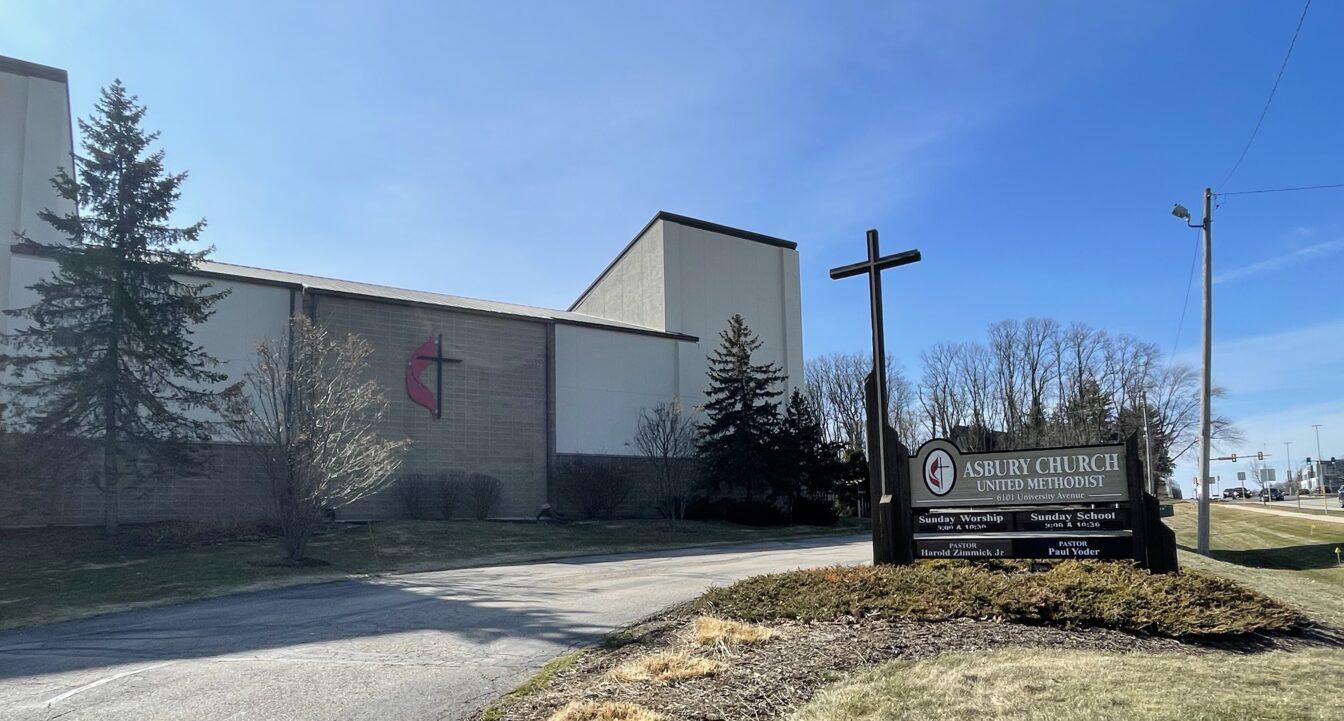Asbury, the largest Methodist congregation in Dane County, voted to remove their affiliation with the United Methodist Church over their evolving stances on same-sex marriage and LGBTQ+ clergy. While the UMC maintains a ban on same-sex marriage, it has taken increasingly progressive positions on LGBTQ+ rights.
The move follows thousands of other congregations that have left United Methodist in protest. Currently, 10% of Wisconsin’s Methodist congregations are in the process of disaffiliation from the UMC, signaling significant dissatisfaction with the organization.
Disagreements in any large organization are inevitable, especially in one as broad and decentralized as the UMC. When local subgroups have the autonomy to leave the parent group, any sufficiently controversial development will see groups on the extremities break away.
Twelve years later, school districts still paying price for Act 10
Protestant sects are notorious for splintering into increasingly niche branches. From Presbyterian to Baptist to Lutheran, the Protestant Church has devolved into 19 main branches and hundreds of sub-branches. The combination of a history of religious separation stemming from the Reformation and an emphasis on local control support this trend to today.
More centralized organizations are better able to hold together. The Catholic Church was able to survive sweeping reforms during the Second Vatican Council in the 1960s and is facing comparatively little push back over the more progressive tone set by Pope Francis. Its strict hierarchy, doctrinal distinction compared to other Christian sects and the limited autonomy of local congregations work to prevent the kind splintering seen elsewhere.
Large institutions are also generally slow to respond to social changes around them. The larger the organization is, the more difficult it is to overcome the inertia of the current policy and persuade a critical mass.
Religious organizations adapt even slower due to their emphasis on tradition and their long continuity. This partially explains why religious organizations often perpetuate discrimination. They incorporate prejudice into their policies when it is widely acceptable and find it difficult to adapt once society changes.
This is why the UMC is dealing with same-sex marriage now, several years after the issue has been largely settled in wider American society. While a hindrance to social progress in this case, their doctrinal stability is an understandable byproduct of the structure of the organization.
Medical education must become more expansive for holistic patient care
There are evolving beliefs among many UMC members. The Pew Research Center’s Religious Landscape Study found a growing majority in support of same-sex marriage. This is beginning to be reflected in Church doctrine, despite their 2019 decision to maintain the ban on same-sex marriages in the Church.
Last year, all U.S. branches of the UMC approved a measure aimed at empowering and supporting their LGBTQ+ members.
While Asbury’s decision to leave the UMC is an unfortunate development for LGBTQ+ parishioners in Dane County and the long-term health of the Church, it is the prerogative of the congregation. Asbury’s members are free to separate if they deem the benefits of doctrinal control are greater than the costs of maintaining less representative policies.
Some separating congregations are hoping to pressure the UMC to change in order to stop the wave of disaffiliations. But they are unlikely to reverse course. The survival of the Church is dependent on maintaining younger, more LGBTQ+ friendly parishioners.
Taking a more conservative direction will alienate these members to placate an increasingly marginal traditionalist faction. The significant number of disaffiliations already completely cements this — once congregations have broken with the UMC, they lose their influence within the organization, allowing others to set the direction of the Church.
Campaign finance rules must be restricted to restore nonpartisan Supreme Court elections
There is a concept in sociology that describes how personal identities become stronger and more central when they are threatened. People self-identify with numerous groups and concepts, only a handful of which are central to their identities. It is usually the ones that face opposition — whether from society as a whole or individuals — that become most important to people.
The difference between vegetarians and vegan illustrates this. There is significantly less social pressure against being vegetarian than being vegan, so that identity tends to be less important to its holders and they express it less. This is also useful in understanding why historically stigmatized groups have such strong connections to their marginalized identities.
As wider society has found it less acceptable to maintain anti-LGBTQ+ policies, congregations that view those policies as important to their religious identity become more willing to take action to sustain them. Simultaneously, as LGBTQ+ members have faced less societal pressure for their identity, they have become more willing to identify with a still evolving organization.
Ultimately, the UMC and the congregations that compose it must decide between retaining socially conservative or more liberal members. Given the changing beliefs of its parishioners, pushing ahead with these progressive developments will support the long-term health of the church and ensure its continued relevance with younger generations.
Aiden Nellis ([email protected]) is a sophomore studying economics and political science.





















